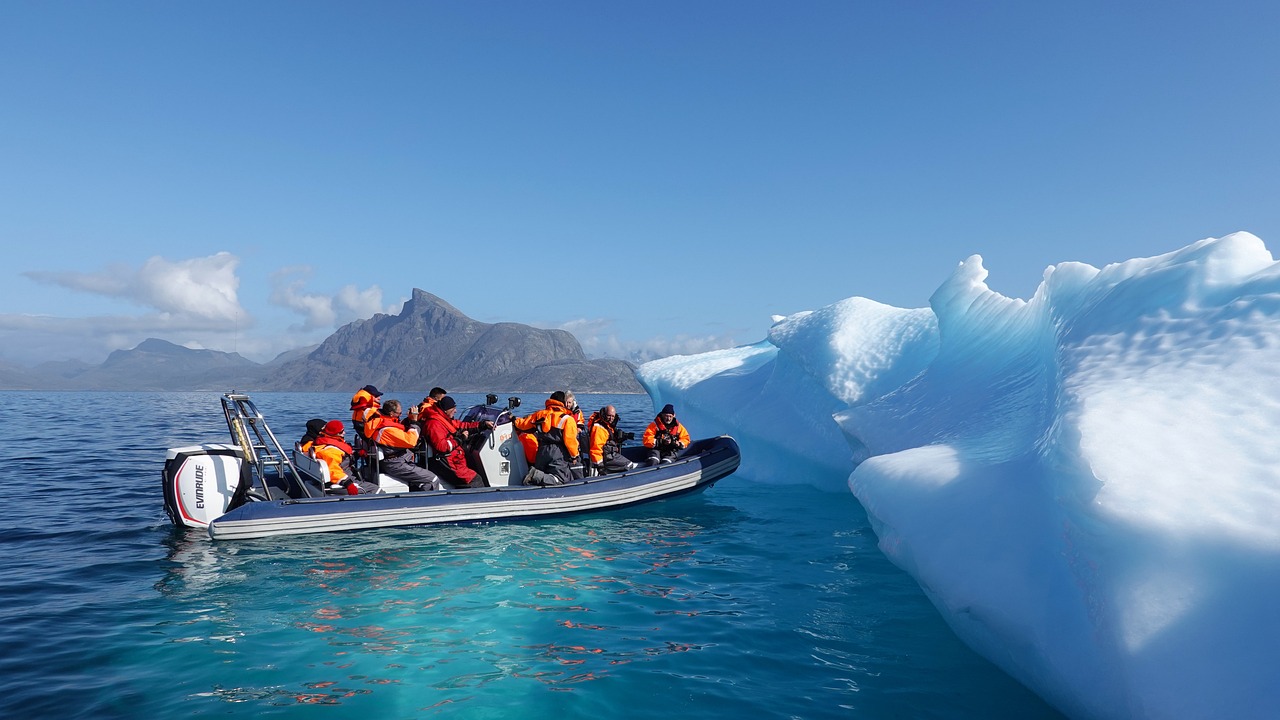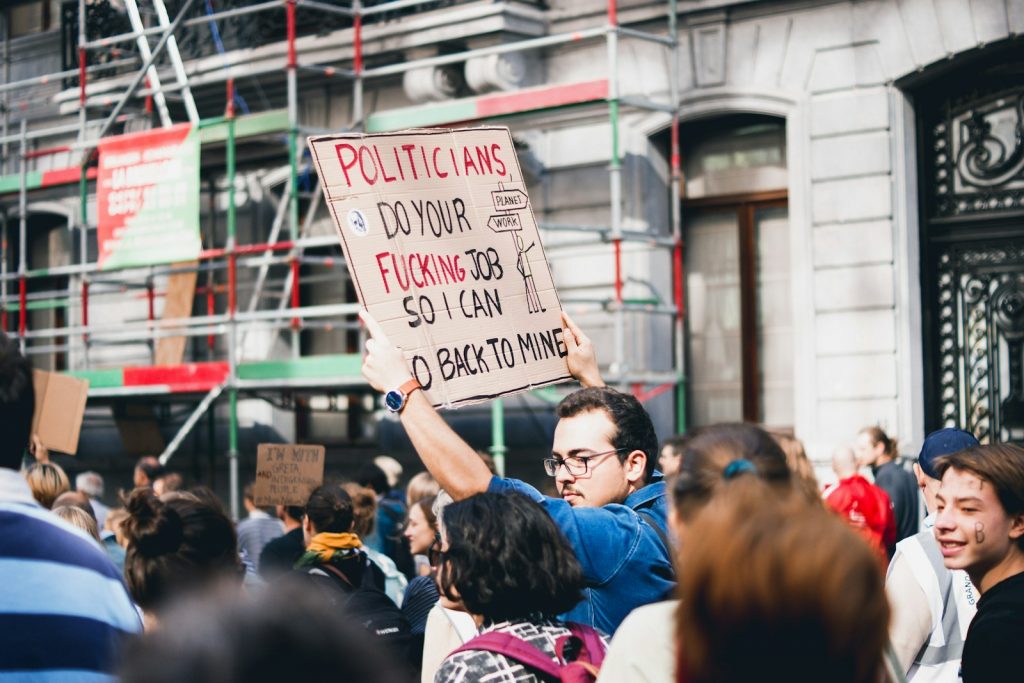Climate change is one of the most significant challenges that we face in the modern world. It is a global issue that affects everyone and has the potential to cause significant damage to the environment and our way of life. While climate change may seem like an overwhelming problem, there are things that we can do to mitigate its effects. In this article, we will discuss climate change and what we can do to help.

What is Climate Change?
Climate change is a long-term change in the average weather patterns that have come to define Earth’s local, regional, and global climates. The planet’s climate has always been changing, but the rate of change has accelerated dramatically in recent decades, primarily due to human activities. The burning of fossil fuels, deforestation, and other human activities have increased the amount of carbon dioxide and other greenhouse gases in the atmosphere, causing the Earth’s temperature to rise.

What Can We Do to Help?
- Reduce Your Carbon Footprint: One of the most effective ways to mitigate climate change is to reduce your carbon footprint. This means reducing your use of fossil fuels and other materials that contribute to greenhouse gas emissions. You can reduce your carbon footprint by driving less, walking or biking more, eating less meat, and reducing your energy consumption.
- Support Renewable Energy: Another way to reduce greenhouse gas emissions is to support renewable energy sources such as wind, solar, and hydroelectric power. These sources of energy are cleaner than fossil fuels and can help reduce our reliance on non-renewable sources of energy.
- Plant Trees and Protect Forests: Trees and forests absorb carbon dioxide and other greenhouse gases from the atmosphere, making them an essential tool in the fight against climate change. You can help by planting trees in your community, supporting reforestation projects, and using products that come from sustainably managed forests.
- Reduce Waste: The production and disposal of waste contribute to greenhouse gas emissions. You can reduce your waste by recycling, composting, and reducing your consumption of single-use items such as plastic bags, water bottles, and straws.
- Educate Others: Finally, educating others about climate change and the actions they can take is essential in mitigating its effects. You can share information with your friends and family, attend local meetings or events, and participate in discussions about climate change.
FAQ about Climate change
What causes climate change?
Climate change is caused by human activities, primarily the burning of fossil fuels like coal, oil, and gas, which releases greenhouse gases into the atmosphere and traps heat, causing the Earth’s temperature to rise.
What are the effects of climate change?
Climate change can lead to a wide range of effects, including rising sea levels, more frequent and severe weather events, droughts, floods, wildfires, food and water shortages, and the extinction of plant and animal species.
How is climate change affecting the oceans?
Climate change is affecting the oceans by causing sea levels to rise, increasing ocean temperatures, and changing ocean currents and chemistry, which can lead to coral bleaching, ocean acidification, and the loss of marine biodiversity.
How can we slow down climate change?
To slow down climate change, we need to reduce our greenhouse gas emissions by transitioning to cleaner energy sources, improving energy efficiency, reducing deforestation, and promoting sustainable land use practices. We also need to invest in research and development to create new technologies and solutions for addressing climate change.
Is climate change reversible?
While some of the effects of climate change may be irreversible, we can still take action to slow down and mitigate its impact. However, this requires collective and sustained efforts from governments, businesses, and individuals worldwide.
How is climate change affecting the economy?
Climate change is affecting the economy by increasing the costs of climate-related disasters and damages, disrupting supply chains, reducing agricultural productivity, and increasing healthcare costs. However, there are also opportunities for economic growth and job creation in the transition to a low-carbon economy.
Why do some people deny the existence of climate change?
Some people deny the existence of climate change due to political or ideological reasons, lack of understanding or education, or because they have been misled by misinformation and propaganda. However, the overwhelming scientific consensus is that climate change is real and caused by human activities.
Conclusion
Climate change is a complex issue that requires global action to mitigate its effects. While individual actions may seem small, they can add up to make a significant impact. By reducing your carbon footprint, supporting renewable energy, planting trees, reducing waste, and educating others, you can help combat climate change and create a more sustainable future.
Read in Bengali: Samoyiki


